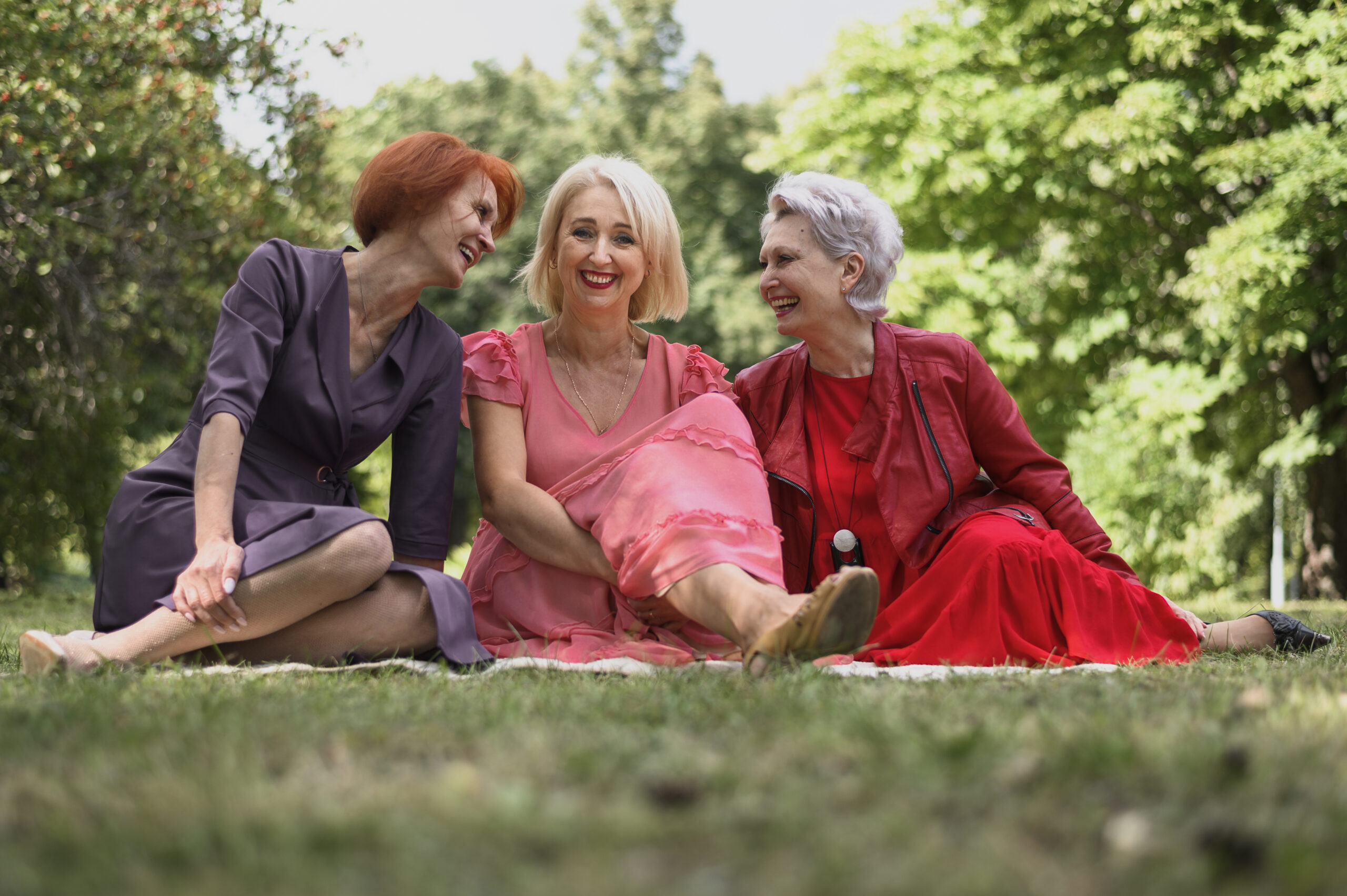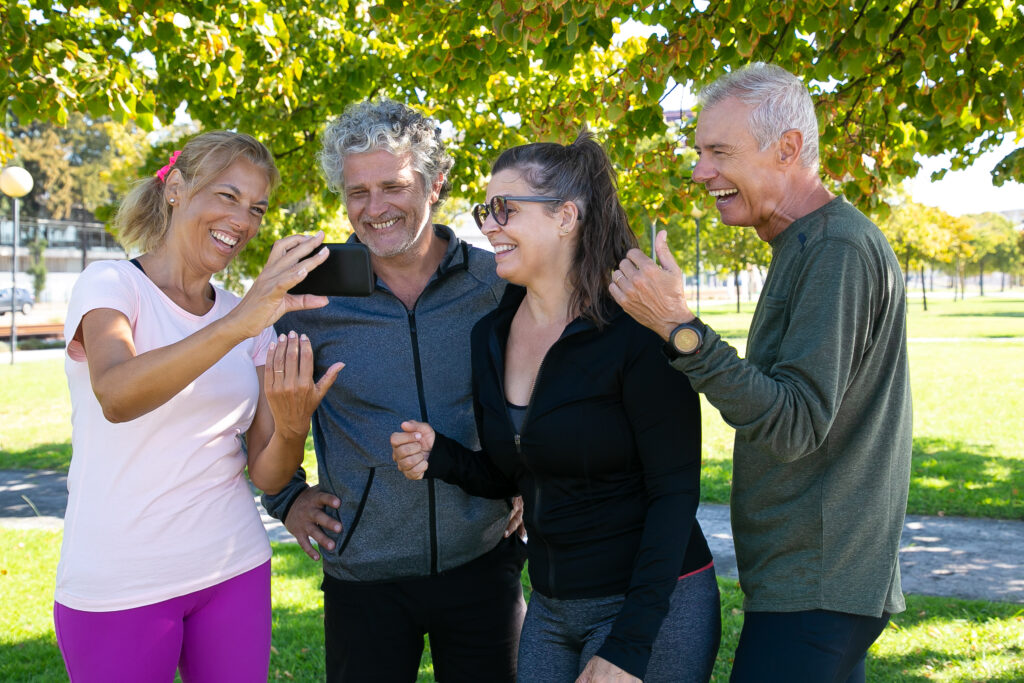As individuals reach the age of 50 and beyond, it is common to experience a natural decline in curiosity. This decline can significantly affect mental and emotional well-being. It can lead to feelings of stagnation or disconnection from the world.
However, maintaining curiosity is crucial for enhancing cognitive function, increasing life satisfaction, and fostering a greater sense of purpose. Engaging with new ideas, experiences, and people can invigorate life and promote overall health. Let’s know the strategies to stay curious after 50s.
1. Embrace Lifelong Learning
Enroll in Courses and Workshops
Continuing education is a powerful way to stimulate the mind. Consider enrolling in local community classes or online courses that pique your interest. Platforms like Coursera, Udemy, and local community colleges offer a plethora of options tailored for older adults.
Pursue New Hobbies
Exploring new hobbies such as photography, gardening, or cooking can also ignite curiosity. Local libraries often host workshops that are free or low-cost
2. Break Free from Routine
Introduce Variety into Daily Life
Monotony can stifle curiosity. Simple changes like taking different routes during walks or trying new recipes can make daily life more exciting.
Experiment with New Activities
Consider attending different community events or trying out new restaurants to keep your experiences fresh and engaging
3. Foster Social Connections
Engage with Diverse Groups
Building relationships with people from various backgrounds can provide new perspectives and ideas.

Join Clubs and Attend Events
Participating in clubs or social gatherings can enhance your social network. They also stimulate your curiosity about others’ lives and their experiences.
4. Travel and Explore
Visit New Places
Traveling to new locations—whether nearby attractions or international destinations—can significantly broaden your horizons.
Affordable Travel Options
Look for senior discounts on travel packages. Consider group travel options that cater to older adults. These options make exploration both accessible and budget-friendly.
5. Engage in Creative Activities
Participate in Artistic Endeavors
Engaging in creative activities such as painting, writing, or playing music can stimulate the brain and foster self-expression.
Local Art Classes and Online Tutorials
Many communities offer art classes suitable for beginners. Online platforms provide tutorials. These allow you to explore creativity at your own pace.
6. Practice Mindfulness and Meditation
Enhance Awareness Through Mindfulness
Practicing mindfulness can improve awareness and openness to new experiences.
Starting a Meditation Practice
Guided meditation apps like Headspace or Calm can help you begin a meditation practice. They enhance mental clarity and promote relaxation.
7. Challenge Your Brain
Engage in Puzzles and Reading
Activities such as crossword puzzles can keep your mind sharp. Sudoku or reading diverse genres can also engage your mind.
Brain-Training Resources
Consider using brain-training apps such as Lumosity or enrolling in local language classes to challenge yourself further cognitively.
8. Volunteer and Give Back
Contribute to the Community
Volunteering not only benefits the community but also provides opportunities for personal growth and new experiences.
Organizations Welcoming Volunteers Over 50
Local charities often seek volunteers for various roles. Consider organizations like Meals on Wheels or Habitat for Humanity. They value the contributions of older adults.
9. Stay Physically Active
Connect Physical Health with Mental Curiosity
Maintaining physical health is essential for mental vitality. An active body supports an active mind.
Suitable Physical Activities
Explore activities such as yoga, tai chi, or joining walking groups. These activities help you stay fit and foster social connections.

10. Cultivate a Growth Mindset
Embrace Challenges as Learning Opportunities
Viewing challenges positively can enhance resilience and encourage curiosity about personal growth.
Inspiring Stories of Reinvention After 50
Many individuals have successfully reinvented themselves later in life. Sharing these narratives can inspire others to embrace their journeys with enthusiasm.
Frequently Asked Questions (FAQs)
How can we stay positive in old age?
Staying positive in old age involves cultivating gratitude, maintaining social connections, and engaging in activities that bring joy. Surrounding yourself with supportive friends and family can uplift your spirits. Additionally, practicing mindfulness and focusing on the present can help you appreciate life more fully.
How to keep the mind sharp in old age?
To keep your mind sharp, engage in activities that challenge your brain, such as puzzles, reading, or learning new skills. Exploring hobbies like painting or playing a musical instrument can also stimulate mental activity. Remember, how to stay curious is key—embracing new experiences keeps your mind agile.
What are the benefits of maintaining a curious mind in older age?
Maintaining a curious mind enhances cognitive function, boosts emotional well-being, and fosters a sense of purpose. Curiosity encourages lifelong learning and helps you adapt to changes, making it essential for staying young at heart. It’s all about how to stay curious and motivated as you age.
How do you cope with old age?
Coping with old age involves accepting changes while focusing on what you can control. Staying active, nurturing relationships, and pursuing interests contribute to a fulfilling life. Embracing curiosity is another effective strategy—after all, stay curious stay young!
At what age do you start feeling tired and old?
Feeling tired can vary greatly among individuals, but many report a shift in energy levels around their 60s. However, staying active and engaged can help counteract feelings of fatigue. The key is to focus on how to stay young in your 60s by keeping your body and mind active.
At what age does your face change most?
Facial changes typically become more noticeable in your 40s and 50s due to factors like decreased collagen production. However, maintaining a healthy lifestyle can help mitigate these changes. Staying curious about skincare and wellness routines can also contribute to a youthful appearance.
What vitamin gives seniors energy?
B vitamins, particularly B12 and B6, are known to support energy levels in seniors. Vitamin D is also crucial for overall health. Incorporating a balanced diet rich in these vitamins can help combat fatigue as you age.
At what age do you really start feeling old?
Many people start feeling “old” in their late 50s or early 60s, but this perception varies widely based on lifestyle and mindset. Focusing on activities that foster curiosity can significantly alter this feeling—consider exploring how to be curious again through new hobbies or interests.
Take our Quiz: “Biological Age Test” to know how fast you are aging.
How to overcome old age weakness?
To overcome feelings of weakness associated with aging, prioritize physical activity tailored to your abilities. Strength training, yoga, or even regular walking can improve strength and vitality. Maintaining social connections and engaging in stimulating activities also plays a vital role in combating weakness.
Also Read: Why Am I So Tired? This Might Be the Reason—and the Solution for Older Adults in the US
Key Takeaways
Maintaining curiosity after the age of 50 is vital for a fulfilling life. Embrace lifelong learning. Break routines and foster connections. Explore new places and engage creatively. Practice mindfulness and challenge the brain.
Volunteer and stay active. Cultivate a growth mindset. By doing these, individuals can enrich their lives significantly. Readers should actively implement these strategies. They should share their experiences with others. This will inspire a vibrant community of curious minds.

